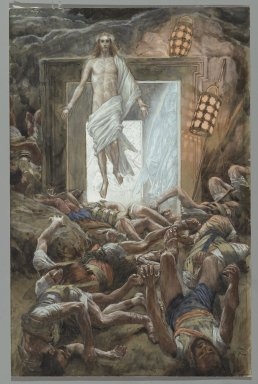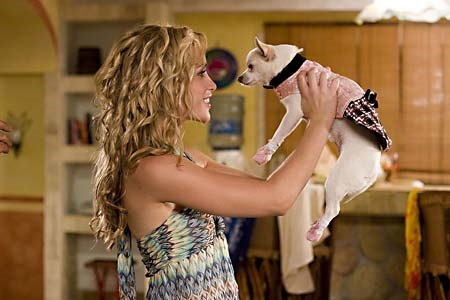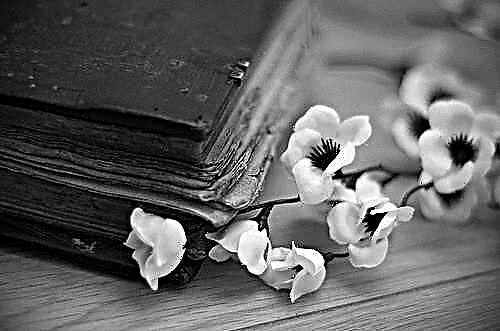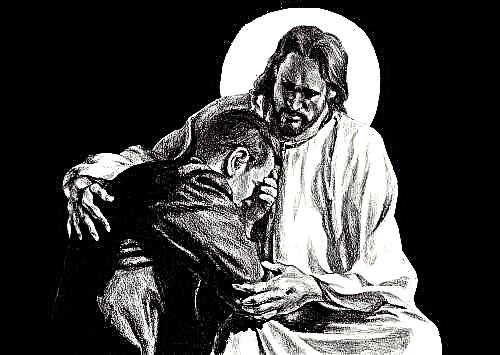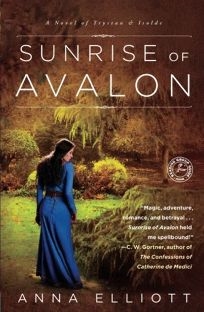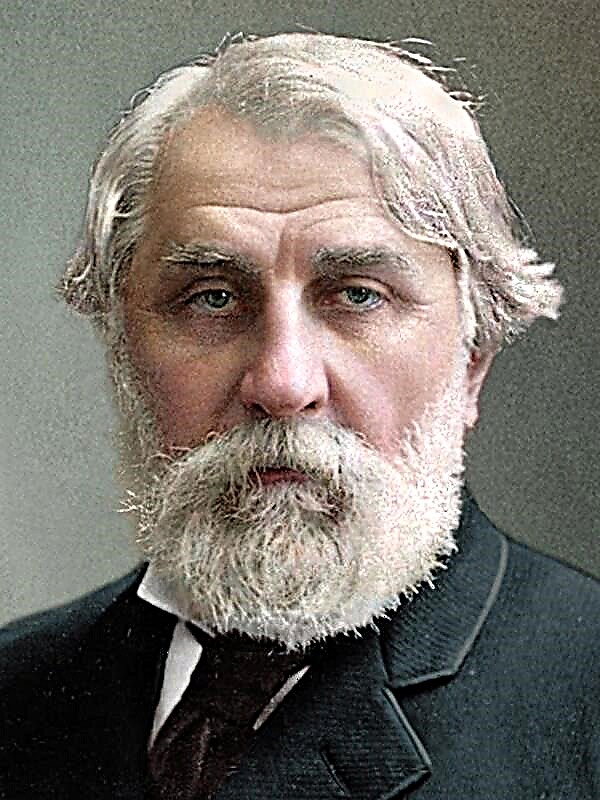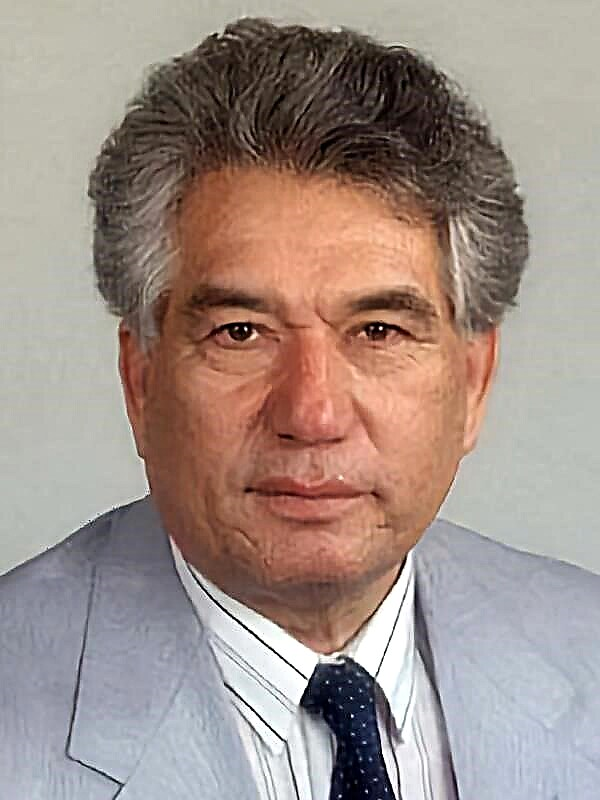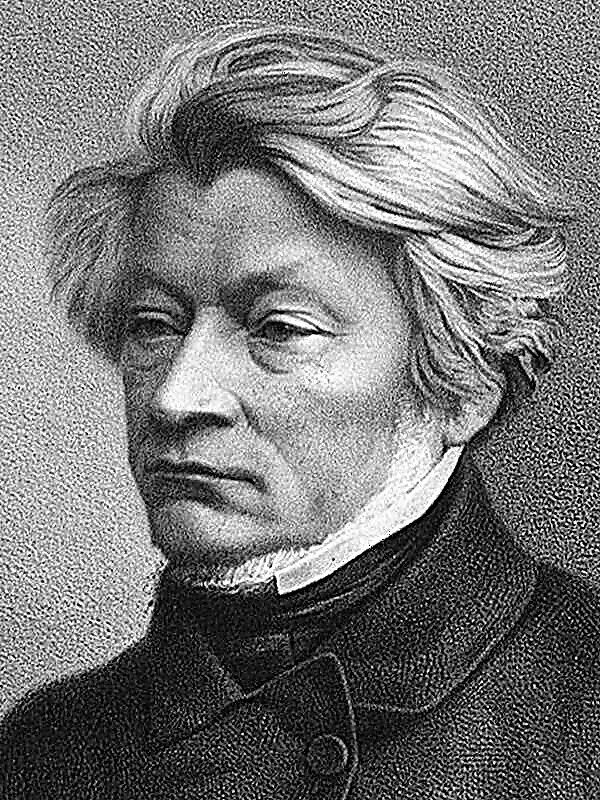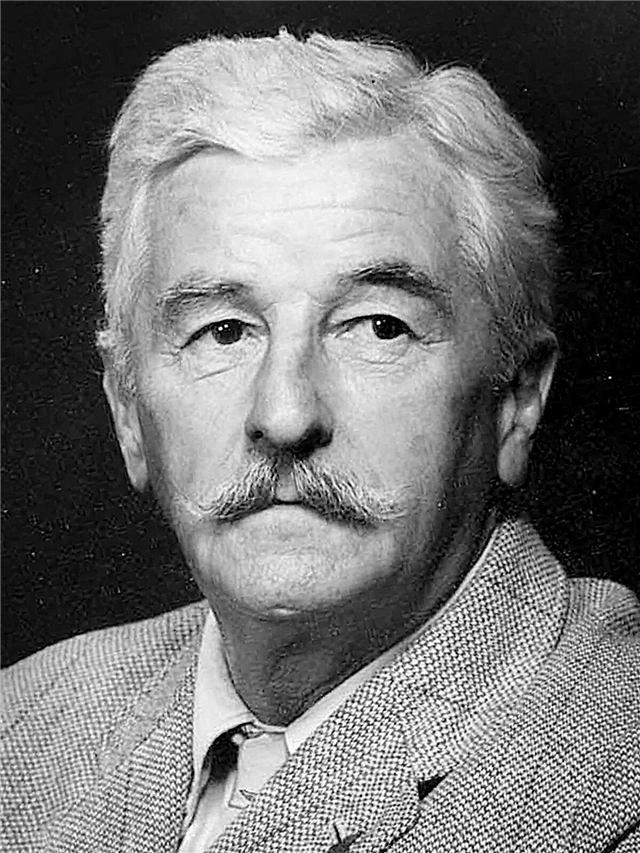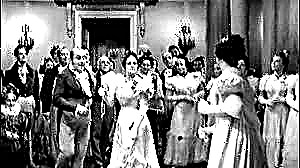The writer Vladimir Korolenko in the work “Bad Society” focuses on the features of the human personality with advantages and disadvantages, offering to throw off the shackles of stereotypes from the reader along with the main character - the boy Vasya. Indeed, with the words “bad society” in our minds, we imagine descended personalities such as drunkards, thieves, beggars ... In short, those who fall under this definition directly.
It is narrated in a book about the family of the mendicant Tyburtsy Drab, which consists of himself and his small children - the nine-year-old son Valek and the four-year-old daughter Marusya. They live in the dungeon of an old dilapidated city chapel.
It seems like nothing good to meet with representatives of the "bad society" Vasya does not promise, because he is from a model and exemplary family, the son of a judge. What could the homeless beggars give him, what good could they teach him?
However, the description of Vasya at the very beginning is also not perfect - he appears to us lonely, wandering in urban slums. He is disappointed with the father himself, who believes that his son has a bad temper, a selfish, callous boy.
But with the acquaintance and friendship with the underground children and the Tyburtsy himself, Vasya’s life gained more meaning, revealed the whole depth of its positive features. He condemns the theft of Valek, but at the same time realizes that this is the only way to survive. He distinguishes between self-interest and the need for extremes. Indeed, without food, Valeka’s sick sister cannot recover.
The story provides food for thought: is the society of a judge so perfect? What gives the definition of a person - his society, or his actions? And what actions committed by man can be determined unambiguously bad or good? Should situations and circumstances be taken into account? How important is family understanding?
Of course, the reader may have his own opinion on this subject, but the point of view of Korolenko is clearly stated in the story. And due to the inconsistency of the sides of the characters, they seem to be "alive", combining incongruous, they are not ideal.
Based on the opinion of Korolenko, the good and the bad need to be sought not in others, but in oneself. And only having determined the strengths and weaknesses in yourself, you can feel the true beauty of strangers, and be condescending to their minuses.
City dwellers did not consider themselves bad and did not consider themselves to be bad society. They searched and pointed out those in whom it was convenient to see and condemn vices, to humiliate them for free, but did not notice anything in themselves, while they were indifferent to the hardships and hardships of others.
The socially disadvantaged family of Tyburtsya taught the judge a lesson in love and understanding. The son and daughter of Drab, despite his young age and miserable existence, loved his father and shared his worldview. And the care and generosity that Vasya showed, as well as his uncompromising attitude towards truth, helped his father, who appreciated virtue in people, to take a fresh look at his son.
Vasya is no longer facing loneliness in his family; he will no longer wander aimlessly around the city. He and his father, the most dishonest judge in the city, found a common language and understanding. And the Tyburtsy Drab family, the Vasya’s friendship with Valek and Marusya, helped them in this.

